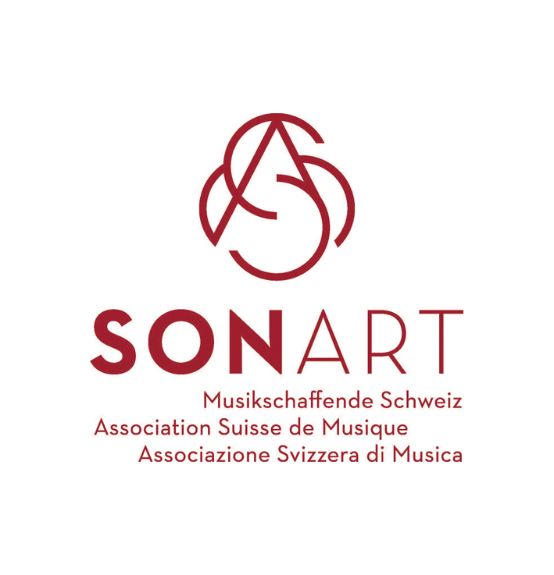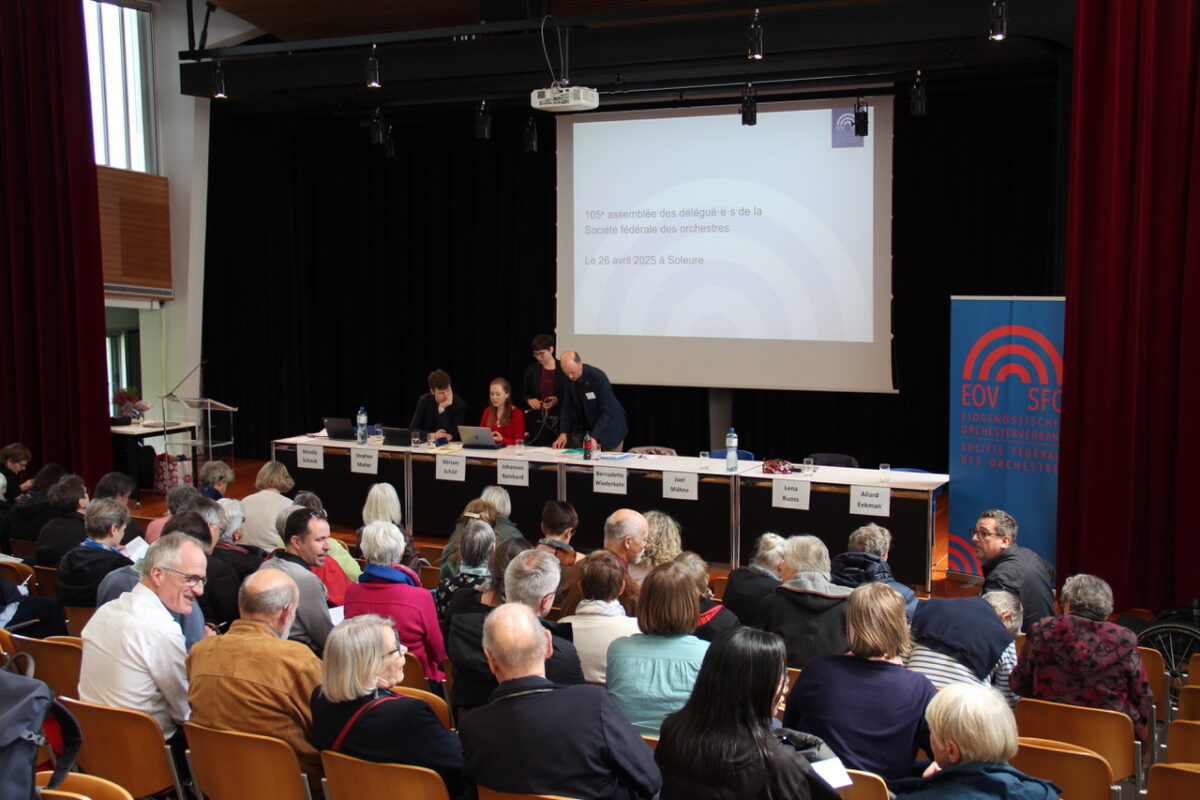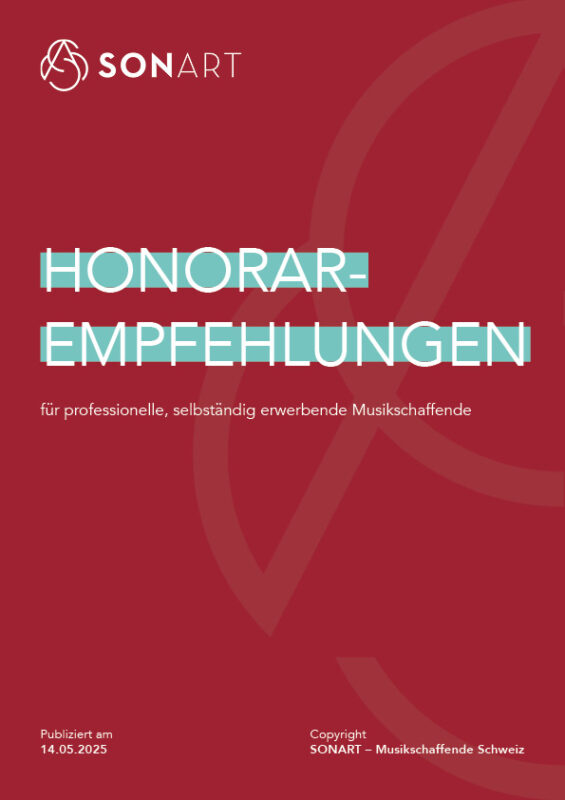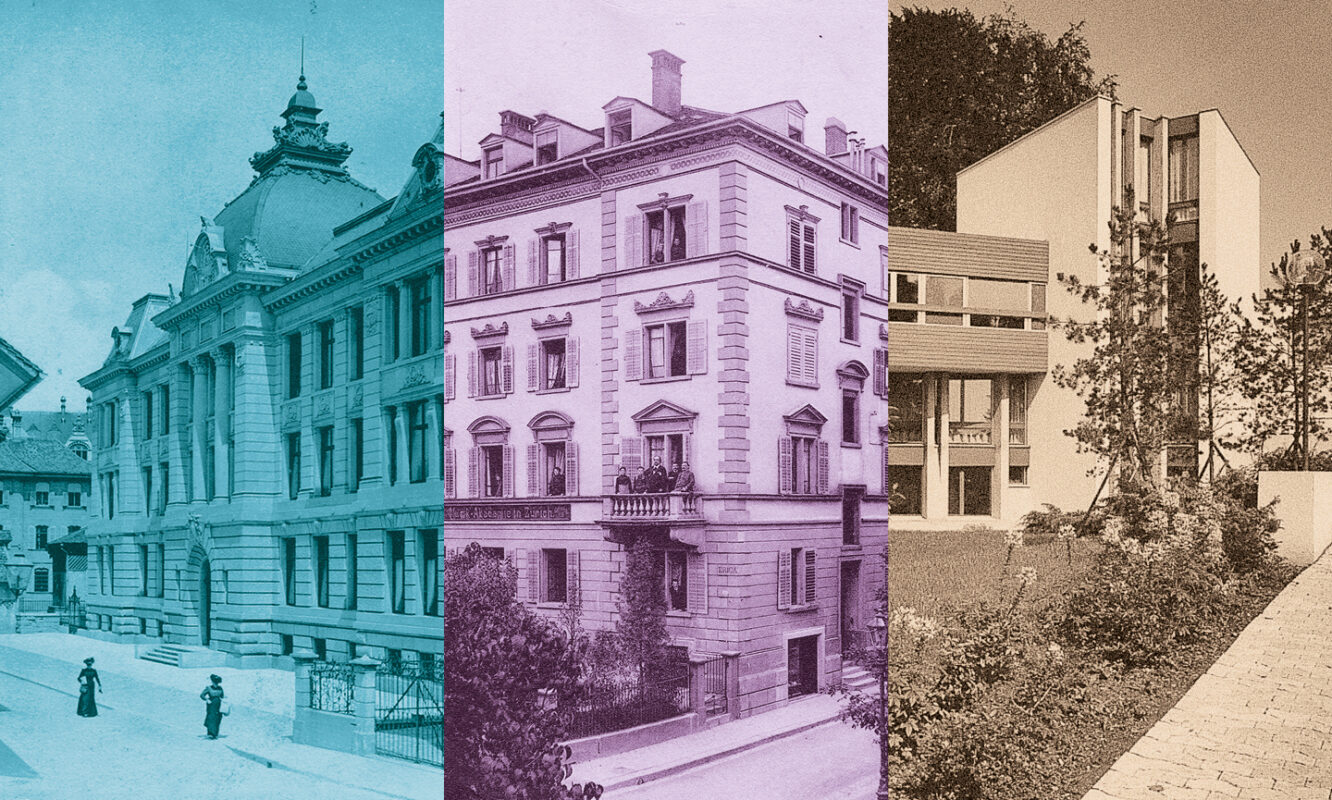De musica ticinensis
In order to shed light on the current situation of musical creation in Ticino, we use a special literary form: the dialog.

Gaining knowledge through dialog goes back to the shining examples of Socrates and Plato. We have chosen this old form because it shows - better than others - conditions that seem less modern. The following dialog between two musicians from Ticino is more or less fictitious.
Fabio is sitting in a shady spot on a restaurant terrace.
Zeno arrives a few minutes late.
"So you've come back to Ticino!" Zeno begins the conversation. "Who made you do it?"
"The unfathomable ways of life! But why do you ask who made me do it? Are you saying that it's not advisable or desirable to live in Ticino?"
"It depends on your perspective. If you turn around and admire the reflections on the lake at dusk and enjoy the warm autumn wind, life in Ticino can effectively appear to be one of the most desirable in the world."
"That's not nothing! And why shouldn't it be nice for me here?"
"Look, Fabio: you grew up here, started studying music and - at a young age - transferred to the best Swiss academies north of the Alps. Your career as a musician and independent musician began in French- and German-speaking Switzerland, in an environment that was able to support and encourage you."
"Yes, it was something like that. But what you're describing - surely that should also be possible here on this lake, in the unique region of the third Swiss culture? Surely the institutions for it exist..." Worry lines appear on Fabio's face.
"Yes, the institutions exist, but they are mainly dedicated to other tasks."
"What do you mean?"
Zeno lets out a deep sigh, a sigh that says he would rather not deal with this subject again.
"At academic level, for example, there are only training courses in the classical field. And as far as support for people who want to focus on music professionally - in whatever field - unfortunately nothing exists."
"Really? I read that the canton of Ticino spends almost 6 million francs a year on music!"
"Yes, that's true. But almost the entire amount - around 85 percent of it - goes to people who perform the music of the past and who have no connection whatsoever to contemporary musical creation in Italian-speaking Switzerland."
"Yes, but that still leaves 15 percent!"
"Around 13 percent of this goes to the organization of events. And most of these rely on music and musicians from abroad."
"But you're not a chauvinist, know-it-all and Ticino patriot?"
"Not at all, I love music from all over the world. But the tragedy is that we grew up in a place that has always believed that the only way to make music is to reproduce music from the past and listen to the works of others."
"That really doesn't make much sense..."
"It is the essence of provincialism and also completely underestimates what culture is and should always be."
"Namely?"
"The dialectical and non-universal representation of what we are as human beings."
"But our municipalities and cities will do something to support musicians!"
"Unfortunately, no. There are practically no programs to support and accompany musical creation. There is nothing: we fly under the radar that captures the existing."
This hypothetical dialog took place around two years ago. Fabio Pinto nevertheless settled in Ticino, continues to make music and became head of Sonart's first office in southern Switzerland. Zeno Gabaglio is also still active as a musician and president of the music sub-commission of the canton of Ticino. Together they are working to improve the situation. They have already achieved some small successes, but the reality is still a long way from what could be described as a fair and normal environment.








